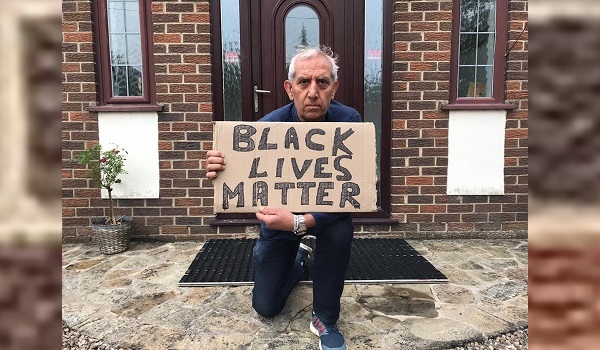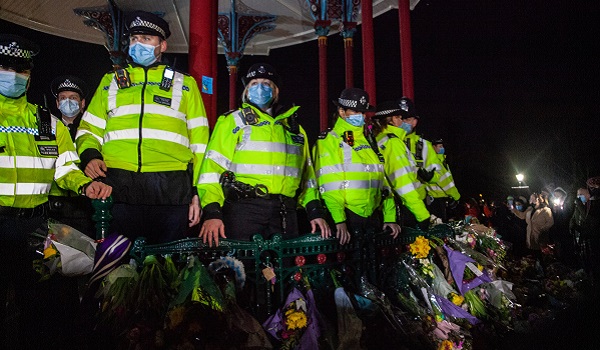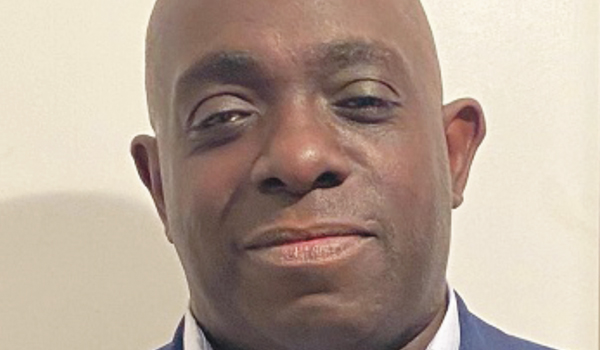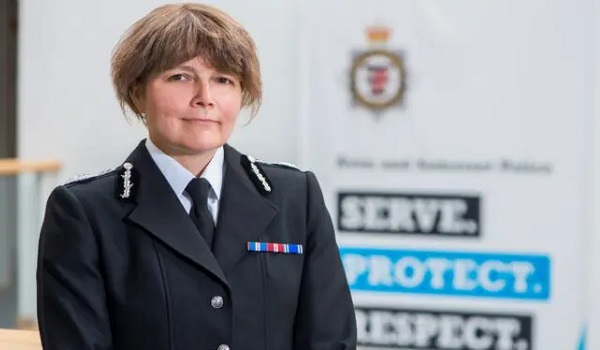In defence of the degree
Many of the arguments that criticise the introduction of the PEQF training programmes are based on a misunderstanding of what such courses entail and detract from the real issues around police recruitment, argues Tom Andrews, a lecturer in policing at De Montfort University.
It is disheartening to see the increasing amount of populist opinions put out by senior police leaders and elected police and crime commissioners bashing the new degree entry routes. It is definitely feeding into the consciousness of the students themselves too.
The new entry routes are not about ‘requiring a degree to join the police’ (and certainly not one in ‘modern dance’ as is so often parodied), they are ‘doing police training and getting recognised with a qualification at the end of it for the hard work and study’. There appears to be an (intentional?) misunderstanding by the programme’s detractors who suggest that the training is now entirely classroom based/theoretical.
In actual fact, the university-specific input accounts for only around ten to 15 per cent of the total input. The remainder is still primarily delivered in-force and includes legislation, policy, officer safety training, road scene safety, etc. And yes, this can also include drill, uniform and discipline if the forces so wish. That is an option that remains with individual forces.
The Police Constable Degree Apprenticeship (PCDA) and Degree Holder Entry Programme (DHEP) routes enable joiners to get a qualification, paid for by the police. Yes there is a small amount of additional academic input, but this is in reality no different to what has been taking place on the IPDLP programme for the past 15 years or so; it is just delivered better and more in-depth.
I got a Foundation Degree in Policing from De Montfort University when I did my police training 13 years ago! The academic input is primarily aimed at instilling ‘critical thinking’ and ‘evidence-based practice’; looking at how the police can improve ways of working, based on studies by police and academics, as well as no longer doing things that have no tangible impact.
Nursing as a profession underwent a similar change a while ago, introducing a degree-level study, and nurses now are so much more than ‘bed-changers’ and ‘bed-bathers’. It is a respected profession, with nurses able to operate on a similar level to doctors at nurse practitioner level.
Medical knowledge of new procedures, new ailments and the efficacy of new medicines is all shared through publishing in academic journals. Why should policing not be the same? Pilot new ways of working; solve complex problems; introduce new technologies; explore new partnership opportunities and then share that experience with colleagues through publishing it in a journal or on the College of Policing website. Even this is not the new thing it is feared to be.
Perhaps the 20th century’s most revolutionary police officer, Captain Athelstan Popkess (inventor of police radios, mobile patrol and forensic science among other things) was conducting experiments in different methods to see what worked and publishing those results in The Police Journal as early as the 1930s to 1950s. Unless you instil that desire to research and publish, policing will continue as it always has done, and I do not think you will find anyone who would say that the police are doing everything right.
The issue currently is not the degree programmes, but the recruitment. Policing is having to recruit more people in a short space of time than it has ever had to before, and standards have naturally dipped as a result to put ‘bums on seats’. Recruits are being accepted straight out of school, whereas previously they would have been told to get some life experience and come back – even if that life experience is three years away at university. Without life experience, learning the skill to be able to just talk to people, then of course the young recruits are like rabbits in headlights.
Current figures also suggest that up to one third of officers now have less than five years’ service. If you lack experienced officers, who is going to show the recruits how to do it on the street? All the training in the world (uni or in-house) cannot show someone how to deal with the reality of policing on the front line.
The focus is on the wrong thing – it should not be about bashing the ‘new’ training programmes. It should be looking at the brutal cuts of 20,000 officers, which is now requiring urgent replacement simply to try to fix policing and crime issues from anywhere they can find recruits. There should also be discussion around the pay and conditions that dissuade older applicants from other professions joining.
It is not the offer of a free qualification that is dissuading older applicants. The partnership with universities is also, if anything, serving to increase diversity among recruits. Higher education establishments, particularly the former polytechnics that are the primary deliverers of the PEQF programmes, have worked hard to improve attractiveness to less traditional entrants for a decade or more; something that the police are only now really catching up with.
The additional inputs student officers now receive are in-line with the ideas of what constitutes a ‘profession’, according to Richard Heslop (2011):
- Provision of public service;
- Code of ethics;
- Self-regulation;
- Autonomy and discretion;
- Body of expert knowledge with control over application; and
- Educational qualifications.
Policing offers the first five, and now with the introduction of the degree qualifications, it offers all six, putting it on a par with the legal and medical professions, among others. This can only be a benefit to the police. I would wager that every officer could relate a tale where a Crown Prosecution Service charging solicitor has spoken down to them, based on a perceived knowledge or qualifications imbalance. This new scheme can help correct this imbalance.
A part of me has to wonder if the criticism from certain senior officers is driven by a fear of being questioned, and breaking down the rigid hierarchy that currently exists within the police. The previous ability of chief inspectors and superintendents to issue policies and procedures with the aim of achieving promotion, based on no real evidence or thought other than a desire to ‘make a change’.
The critical thinking aspect encourages young officers to question these changes and examine the evidence base for them. This encourages fear in more experienced officers who are used to ‘transactional’ leadership – making decisions and not being questioned. There is a need to turn the police to a more ‘transformational’ leadership style, which was first highlighted by the Home Office as long ago as 2004 in a report called Police Leadership: Expectations and Impact.
There are situations where police officers need to blindly and unquestioningly follow orders, but these are few and far between, mostly consisting of public order incidents or in the early stages (golden hour) of serious crimes or major incidents. The remainder of the time policing presents problems for which there are no ‘simple’ solutions, and in-depth ‘evidence-based’ and ‘theoretical’ solutions should be able to be tried by ground level officers, rather than have solutions ‘imposed’ by busy senior officers.
In my own experience, some of my best results in neighbourhood policing were achieved through complex and innovative partnership working approaches developed over a period of time and building on improvements and disregarding or analysing failures. Giving students this access to research materials and the latest academic theories to trial brings no downfalls that I can see, and a whole raft of benefits.
Any argument against this progression is solely based on a view of “I didn’t do a degree and I’m all right”. No one is saying those officers do not do a good job, but policing has evolved. It (thankfully) no longer exists in the 80s, 90s, 00s or even 10s. The critical thinking and evidence-based approaches represent a move to a more responsive, flexible, diverse and future-proof method of policing that will drag the police service (kicking and screaming it appears) into the 21st century.
Tom Andrews is a lecturer in policing at De Montfort University teaching both PCDA and DHEP officers. He was previously a serving officer for 13 years before leaving to teach on the PEQF programmes.






